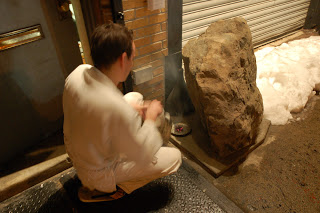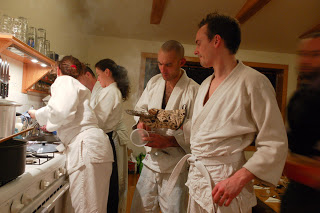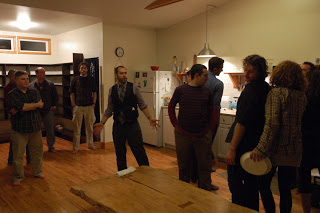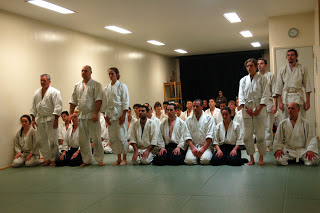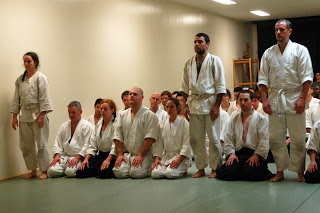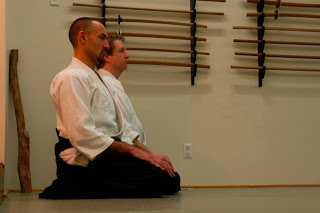Oct 61 min read
Aug 22 min read
Jan 81 min read
Aug 11, 20232 min read
May 24, 20232 min read
May 5, 20231 min read
Nov 24, 20225 min read
Nov 28, 20216 min read
Mar 14, 20212 min read
Mar 2, 20216 min read
Aug 25, 20205 min read
Apr 5, 20202 min read
Mar 10, 20196 min read
Dec 30, 20181 min read
May 21, 20181 min read
Nov 23, 20171 min read
Nov 15, 20173 min read
May 6, 20172 min read
Nov 10, 20162 min read
Aug 17, 20164 min read
May 31, 20166 min read
May 31, 20163 min read
Feb 27, 20163 min read
Nov 5, 20153 min read
Jul 27, 20152 min read
Jun 27, 20155 min read
Apr 29, 20153 min read
Dec 2, 20143 min read
Jul 20, 20143 min read
Apr 21, 201410 min read
Mar 15, 20145 min read
Jan 4, 20141 min read
Dec 6, 20133 min read
Oct 5, 20132 min read
Aug 5, 20131 min read
Jul 12, 20131 min read
Jun 27, 20132 min read
Mar 24, 20133 min read
Feb 20, 20131 min read
Dec 20, 20126 min read
Dec 16, 20121 min read
Dec 9, 20121 min read
Nov 6, 20121 min read
Sep 22, 20125 min read
Sep 5, 20121 min read









